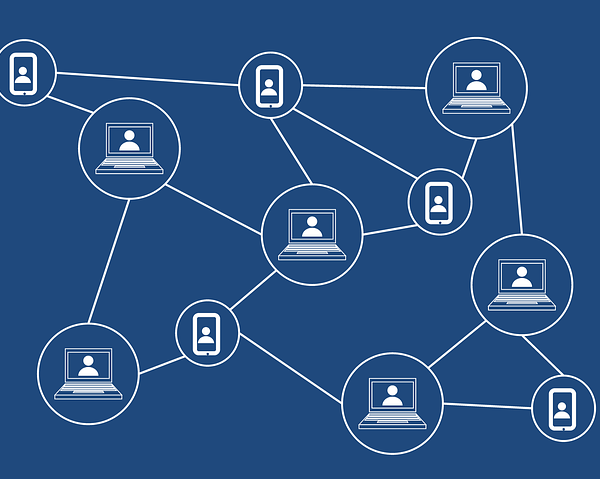According to the United Nations, between USD 800 billion and USD 2 trillion are being laundered every year across the globe, representing 2-5 percent of the global gross domestic product. Out of this, more than 90% goes undetected. The exact volume of crypto laundering is yet to be established. However, there are some indicative statistics on the Internet.
A Cipher Trace report says that crypto thefts, hacks, and frauds totalled USD 1.36 billion in the first five months of 2020, compared to 2019’s USD 4.5 billion.
According to the Chainalysis report, criminals laundered USD 2.8 billion in 2019 using crypto exchanges, compared to USD 1 billion in 2018.
Reportedly as of 2019, total bitcoin spending on the dark web was USD 829 million, representing 0.5 percent of all bitcoin transactions.
Earlier this year a complaint was lodged at the IFSO unit of the Special Cell in New Delhi by a woman alleging that she was being abused and threatened by some unknown persons who were sending her morphed and vulgar photographs to her family, friends and relatives through social media.
The complainant had taken a loan from one Loan App, namely Cash Advance (Danakredit), she repaid the same in time. But after repaying the said amount she started getting threat calls and messages on WhatsApp from Cash Advance employees. It was further observed by the complainant that the alleged scamsters were using the profile picture of a highly ‘senior police officer’.
During the course of the investigations money trails of alleged transactions were established and it was found that the money was being transferred in a current account which had been opened in the name of Balaji Technology. Further it was found that the name of Balaji technology was used at a shop of motorcycle repair. The proprietor of the account was found in the name of Rohit Kumar, a resident of Rajeev Nagar, Delhi. It was further found that in the alleged account approximately Rs 8.45 crore were credited in just 15 days and the same was transferred to other accounts simultaneously.
During the interrogation of all the accused, it was found that if a needed person wanted to take some loan through the Apps available online, he had to download the said App first. At the time of downloading, the App asks for permission to capture, contact list, photo gallery and other personal data of the phone of the loan seeker.
As soon as the permission was granted by the loan seeker, all their data got transferred to the Chinese servers. Once this process was completed, the fraudsters immediately got the loan amount transferred in the account of the loan seeker. One team used to track such loan seekers and another would call the loan seekers and their associates like relative friends, etc., through different mobile numbers to refund the money from the loan seeker. Even after refunding of the money, the alleged accused used to extort more money from the loan seeker and also started sharing the morphed vulgar photos of the loan seeker to his family, relatives and friends to pressurise the victims to pay more money. Money paid by the victims were channelised through cryptocurrency to China links.
In another incident last year, Pawan Kumar Pandey, accused of running a shadow company to transfer the cheated money to his alleged “handlers in China”, was arrested from Noida in Gautam Buddh Nagar district of Uttar Pradesh last year. 19 laptops, 592 SIM cards, 5 mobile phones, 4 ATM cards and one passport were also recovered from him.
Uttarakhand police had said that the racket …….
Source: https://goachronicle.com/indians-must-be-aware-of-the-dangers-of-cryptocurrency/
